Disclosure: This article contains affiliate links. We may earn a commission from purchases at no extra cost to you, which helps our travel content.
Barcelona has always held a special place in my heart. Not just because it shares the same Spanish soil as my hometown Valencia, but because it's one of those rare urban gems that offers the perfect marriage of metropolitan energy and natural wonder. While most visitors flock to Gaudí's masterpieces and the buzzing Las Ramblas, I've spent decades uncovering the wilder side of Barcelona—the breathtaking landscapes that begin where the city ends. After photographing monastery architecture across Spain for years, I've developed an intimate knowledge of the natural escapes that surround this Catalan capital. This spring, I returned with a group of friends to rediscover these outdoor havens, proving once again that Barcelona isn't just a city break—it's a gateway to remarkable wilderness adventures that won't break the bank.
Montserrat: Where Spirituality Meets Adventure
The serrated silhouette of Montserrat has been calling to adventurers and pilgrims alike for centuries. Just an hour from Barcelona's center, this natural park houses not only the famous Benedictine monastery but also some of Catalonia's most rewarding hiking trails.
My relationship with Montserrat spans decades—I first visited as a child with my architect mother, who was fascinated by the monastery's integration with the dramatic rock formations. Now, I return as a photographer and hiker, each visit revealing new perspectives.
The most popular route is Sant Jeroni, Montserrat's highest peak at 1,236 meters. The 3-hour round trip rewards hikers with panoramic views stretching to the Pyrenees on clear days. For a less crowded experience, I recommend the trail to Santa Magdalena hermitage—a path I discovered on my third visit that offers similar vistas but with blissful solitude.
Rock climbers will find paradise among Montserrat's unique conglomerate pinnacles with over 5,000 routes of varying difficulties. During our spring visit, we watched climbers tackle the iconic Cavall Bernat needle, their tiny figures emphasizing the monolith's imposing scale.
Don't miss riding the Sant Joan funicular to access the upper trails—though adventurous hikers can save the €14 by taking the steep path upward. I've done both and sometimes the funicular views alone justify the expense, especially when daylight is limited.
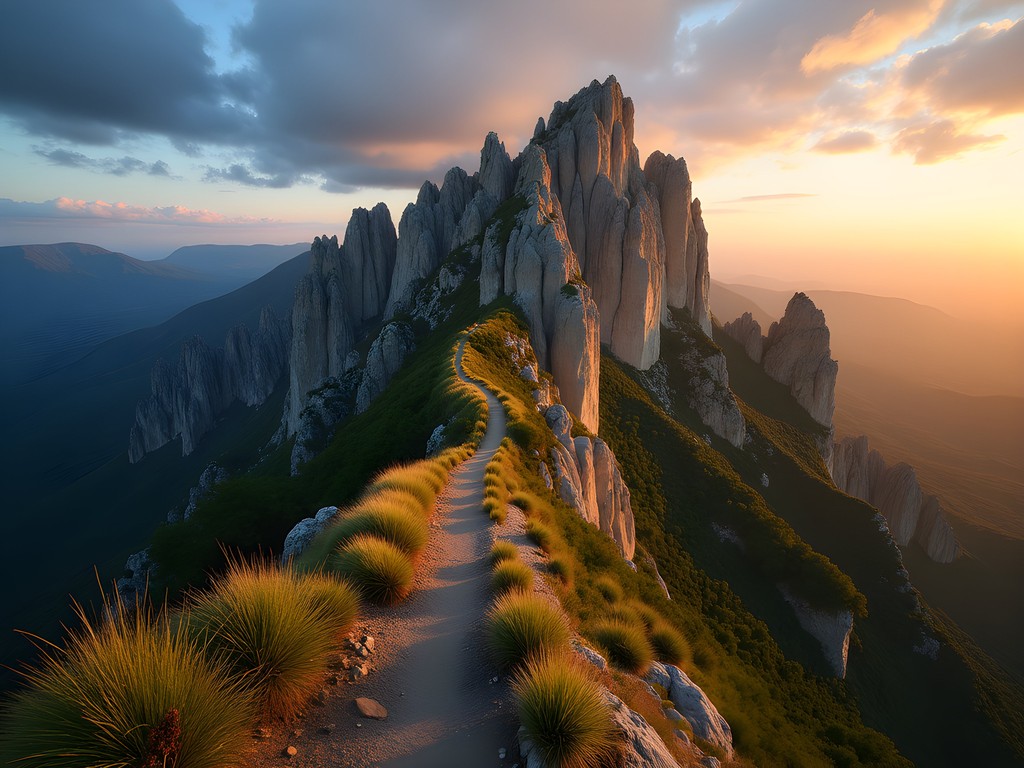
💡 Pro Tips
- Visit mid-week to avoid weekend crowds from Barcelona
- Pack more water than you think you'll need—the exposed terrain offers little shade
- Combine hiking with a monastery visit by arriving early (before 9 AM)
Collserola Natural Park: Barcelona's Verdant Backyard
Collserola is Barcelona's green lung—a sprawling 8,000-hectare natural park that serves as the city's immediate escape hatch. What continues to amaze me is how quickly you can transition from urban streets to forest trails; I've often joked that in Barcelona, you can go from ordering café con leche to spotting wild boar in under 30 minutes.
On my recent visit, our group spent two days exploring Collserola's extensive network of trails. The Serra de Collserola mountain range offers over 250km of paths, from gentle walks to challenging mountain bike routes. My personal favorite remains the route to Tibidabo, where Barcelona's retro amusement park creates a surreal backdrop to natural forest scenes.
Birdwatchers should bring their binoculars to spot the 190+ bird species that inhabit the park. During spring migrations, the diversity is particularly impressive—we identified three raptor species in a single afternoon hike along the eastern ridges.
For photographers, I recommend the trails near Font Groga, especially in early morning when mist often clings to the Mediterranean pines. The contrast between the dense forest and occasional glimpses of Barcelona's skyline creates compositions that tell the story of this unique urban-wilderness relationship.
Collserola also houses several historic masias (traditional Catalan farmhouses) and the 14th-century Torre Baró castle, providing cultural touchpoints along your natural explorations. The restoration work on these structures reminds me of similar projects near my hometown in Valencia—preserving agricultural heritage amid encroaching urbanization.
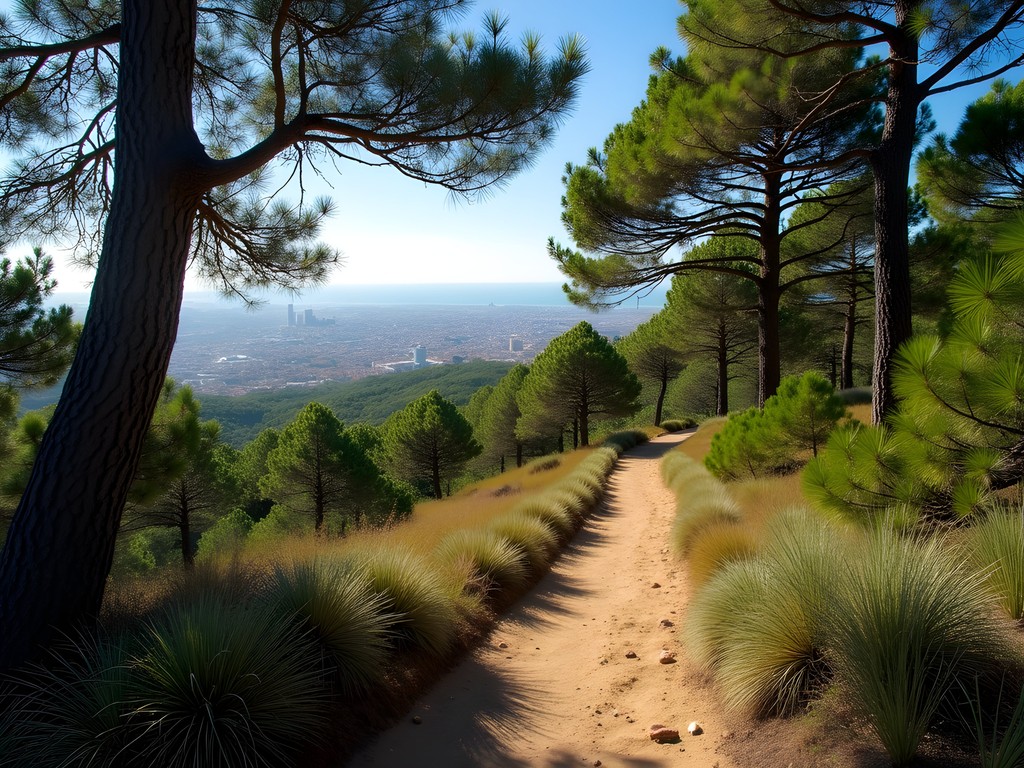
💡 Pro Tips
- Use the Baixador de Vallvidrera FGC station as your starting point for central access
- Download the official Collserola Park app for trail maps that work offline
- Visit the Centre d'Informació for free guided walks (Spanish/Catalan) on Sundays
Garraf Natural Park: Coastal Wilderness and Hidden Coves
Sandwiched between Barcelona's southern suburbs and the resort town of Sitges lies Garraf—a limestone massif that plunges dramatically into the Mediterranean. This park has become my go-to recommendation for visitors seeking coastal trails without the crowds of Costa Brava.
The landscape here feels almost otherworldly; the white karst formations create a moonscape dotted with Mediterranean scrub and wild rosemary. During our spring visit, the hillsides were alive with wildflowers—yellow broom, lavender, and rare orchids creating natural gardens among the rocks.
The 20km coastal path from Castelldefels to Sitges represents my ideal day hike near Barcelona. The trail hugs the coastline, alternating between pine forests and exposed cliffs, with numerous opportunities to descend to secluded coves. Bring your water shoes for impromptu swims in crystal-clear waters—the rocky entries make proper footwear essential.
Buddhist practitioners might recognize Garraf as home to the striking Sakya Tashi Ling monastery, housed in a former mansion. The juxtaposition of Tibetan prayer flags against Mediterranean pines creates a fascinating cultural blend that speaks to my love of monastic architecture in unexpected settings.
For photographers, the abandoned quarries near Sitges offer fascinating compositions—nature slowly reclaiming industrial scars. I spent an entire afternoon capturing the interplay of light and shadow in these spaces, reminiscent of work I've done documenting similar sites in Turkey years ago.
Access is straightforward via the R2 train line from Barcelona Sants to either Castelldefels or Garraf stations, making this an ideal car-free adventure for budget travelers.
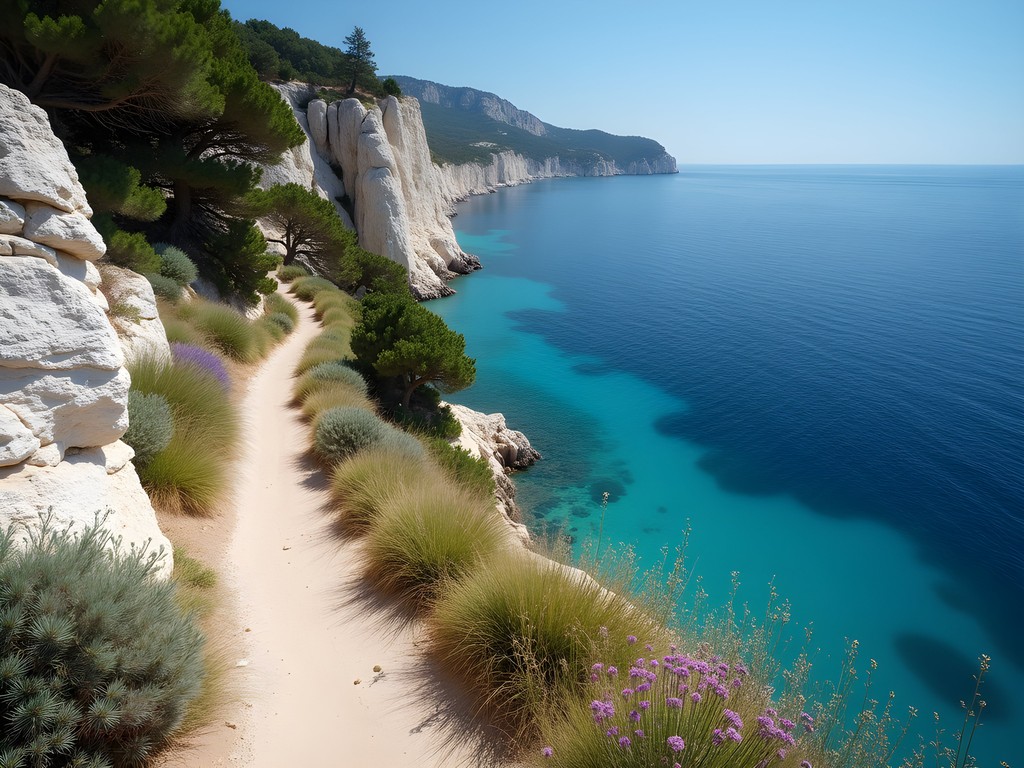
💡 Pro Tips
- Start early if hiking the full coastal route (Castelldefels to Sitges) as shade is limited
- The Garraf train station provides mid-route access if you want a shorter hike
- Bring at least 2 liters of water per person—there are few refill points along the coastal path
Delta del Llobregat: Wetland Wilderness at the City's Edge
Perhaps Barcelona's most overlooked natural treasure lies just minutes from its airport—the Delta del Llobregat wetlands. This 920-hectare protected area represents one of the Mediterranean's most important remaining coastal marshlands, yet remains refreshingly uncrowded.
My first encounter with the Delta came years ago while photographing the 14th-century hermitage of El Remei for my monastery architecture series. What began as a cultural expedition quickly transformed into a wildlife adventure when I spotted a purple heron hunting in the reeds. Since then, I've returned numerous times, most recently this spring with friends eager to escape Barcelona's urban intensity.
The network of flat, accessible trails makes this an ideal destination for groups of mixed abilities. Wooden boardwalks thread through reed beds and lagoons, offering intimate encounters with waterfowl without disturbing their habitat. The Cal Tet hide provides excellent bird watching opportunities—bring your telephoto lens for frame-filling shots of flamingos, glossy ibis, and numerous duck species.
What fascinates me about this landscape is its resilience. Sandwiched between Barcelona's port, airport, and agricultural lands, the Delta has narrowly survived decades of development pressure. The restoration efforts visible throughout the reserve demonstrate how nature can recover when given space—a hopeful message in our era of environmental challenges.
For photographers, the interplay of industrial elements and natural beauty creates compelling visual narratives. I've captured some of my most thought-provoking images here—aircraft silhouettes against sunset marshlands and cargo ships framed by reed beds.
Access couldn't be simpler: take the L94 or L95 bus from Plaza España to the Remolar-Filipines visitor center, or cycle from Barcelona along the Llobregat River path—a flat 15km route perfect for casual riders.
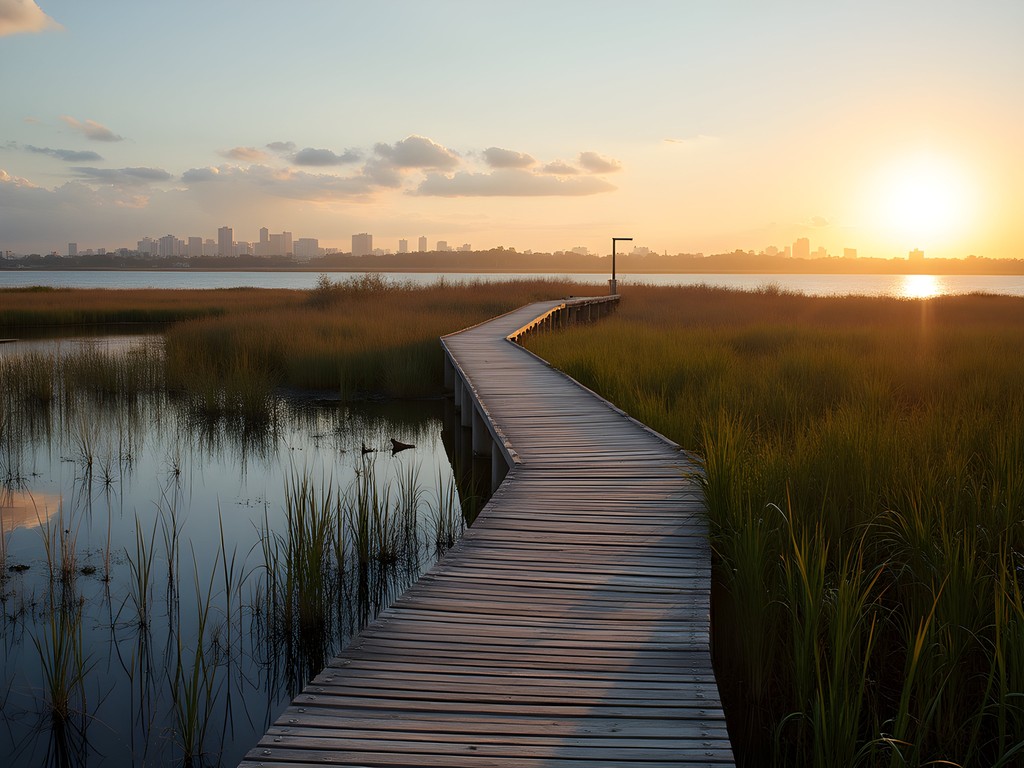
💡 Pro Tips
- Visit early morning or late afternoon for the best bird watching and photography light
- The mosquito population can be intense during warm months—bring repellent with DEET
- Check the visitor center schedule as some areas close during nesting season (usually April-June)
Montseny Natural Park: Barcelona's Mountain Wilderness
For those willing to venture slightly further afield, Montseny Natural Park offers Barcelona's most diverse mountain ecosystem—a UNESCO Biosphere Reserve just 50km northeast of the city. While technically requiring a full day from Barcelona, the ecological rewards justify every minute of travel.
Montseny's unique geography creates distinct vegetation zones that change dramatically with elevation. A single day's hike can take you from Mediterranean oak forests through beech woods to subalpine meadows reminiscent of the Pyrenees. This biodiversity makes it a paradise for naturalists and photographers alike.
During our spring visit, we based ourselves in the charming village of Montseny for two nights, using local guesthouses as our launchpad for daily explorations. The circular route from Sant Marçal to Les Agudes peak (1,706m) remains my favorite day hike—challenging enough to feel accomplished but accessible to moderately fit hikers.
What continually draws me back to Montseny is its ancient connection to Catalan culture. The park houses several romanesque ermitas (hermitages) that I've documented extensively for my monastery architecture project. Santa Fe monastery, nestled in a valley of towering beech trees, offers a particularly moving example of spiritual spaces in harmony with natural surroundings.
For overnight adventures, I recommend packing your lightweight tent for wild camping in designated areas (permits required). Waking to misty mountain views without another soul in sight creates memories that far outvalue luxury accommodations.
Access requires either a rental car or combining public transport (R3 train to Figaró) with local taxi services. Budget travelers can use ALSA buses to Sant Celoni then connect to local services—slightly more complex but significantly more economical.
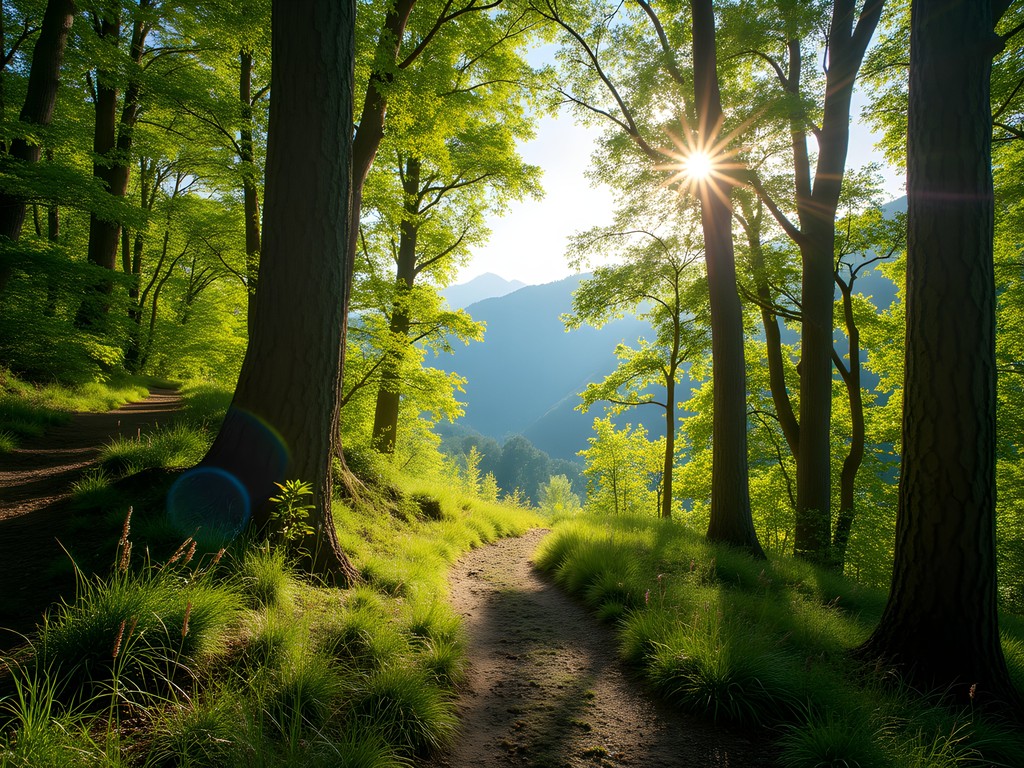
💡 Pro Tips
- Check weather forecasts carefully—mountain conditions can change rapidly even in spring
- The visitor center in Fogars de Montclús offers excellent free maps and trail advice
- Bring layers regardless of season—temperature differences between elevations can exceed 10°C
Final Thoughts
Barcelona may seduce visitors with Gaudí's fantastical architecture and buzzing plazas, but its true magic lies in this remarkable duality—a world-class city embraced by accessible wilderness. These natural escapes have provided me with countless moments of connection, from photographing monastery ruins against Montserrat's dramatic backdrop to watching flamingos feed in Delta wetlands as planes descend nearby. What continues to amaze me is how budget-friendly these adventures remain, even as Barcelona itself grows increasingly costly. Whether you have a single day or a full week, I encourage you to balance your urban exploration with these wild spaces. They reveal a different Barcelona—one where ancient landscapes frame modern life, where wilderness persists despite centuries of human presence. Pack your hiking boots alongside your city maps, and discover the natural soul of Catalonia's capital.
✨ Key Takeaways
- Barcelona offers diverse natural experiences within easy reach of the city center
- Spring provides ideal conditions with moderate temperatures and blooming vegetation
- Budget travelers can access most natural areas via public transportation
- Each destination offers unique photography opportunities from coastal vistas to mountain landscapes
📋 Practical Information
Best Time to Visit
Mid-March to early June
Budget Estimate
€30-50 per day excluding accommodation
Recommended Duration
5-7 days
Difficulty Level
Intermediate

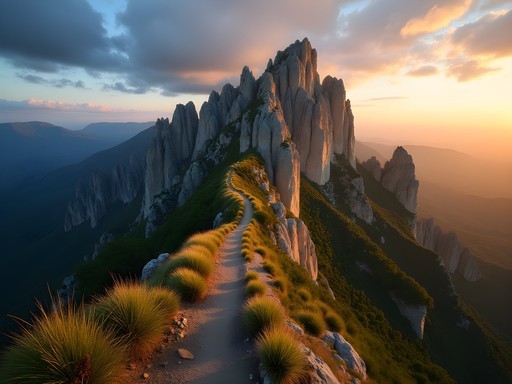
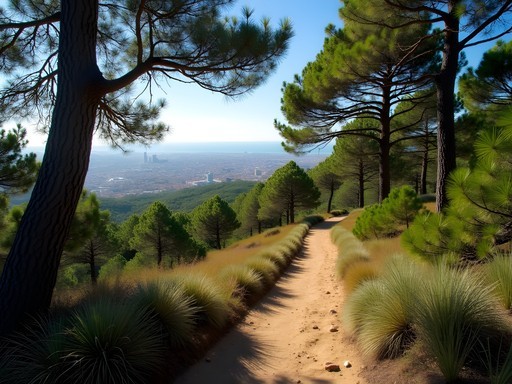
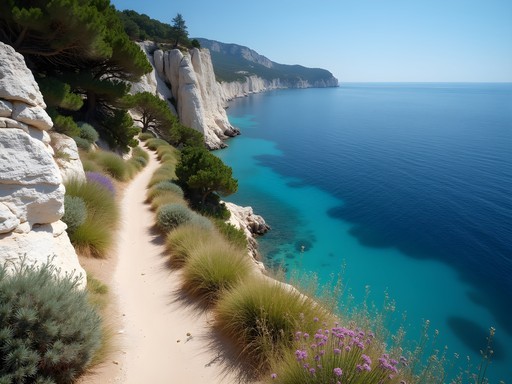
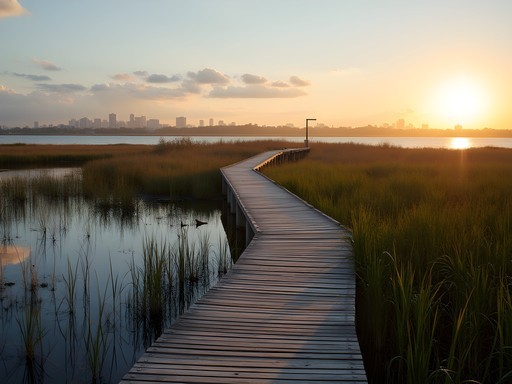
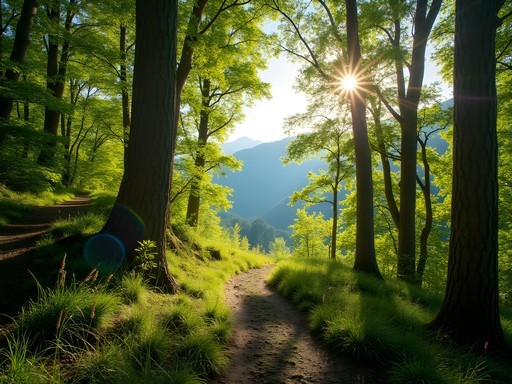


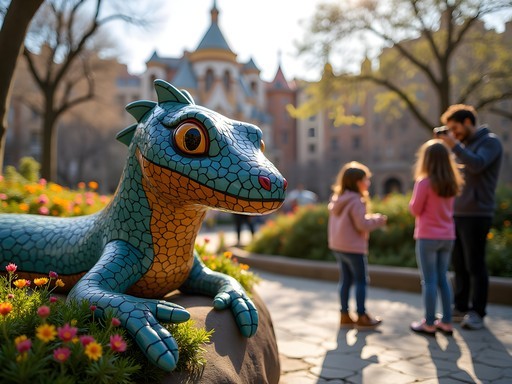
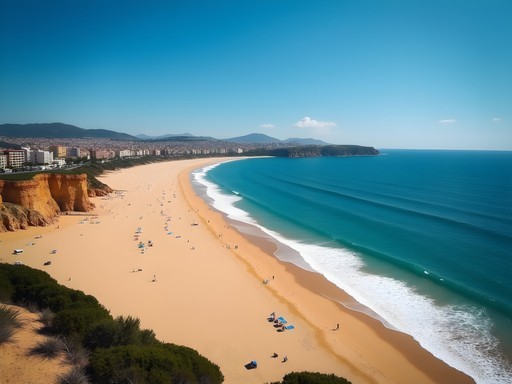
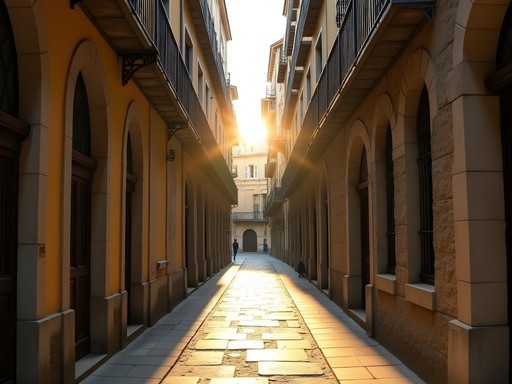
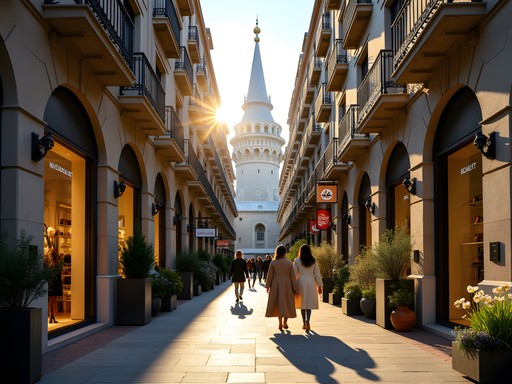
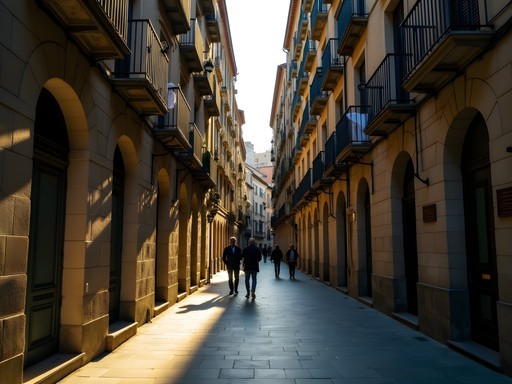
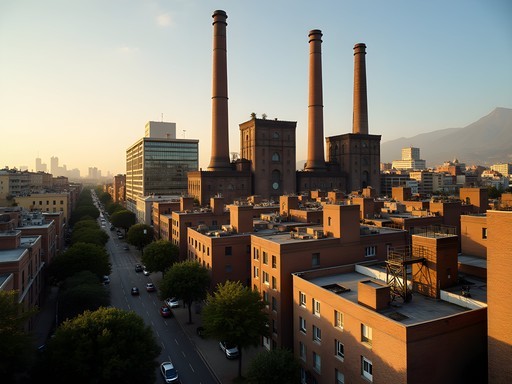
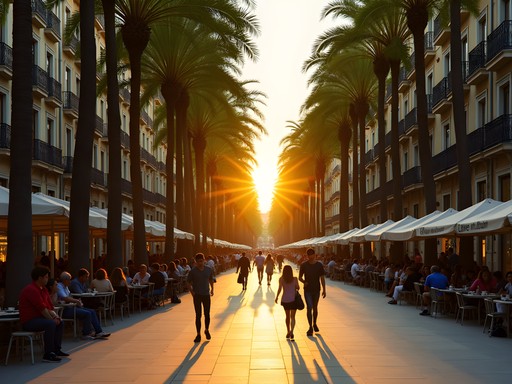
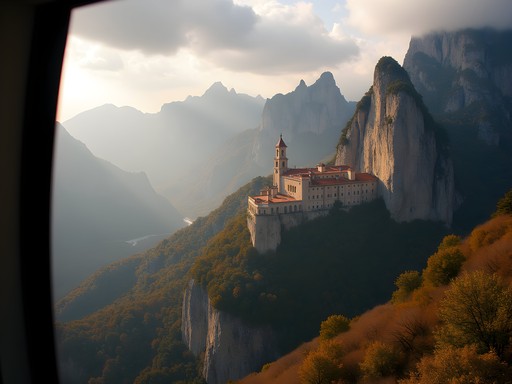
Comments
escapemaster
We did the public transportation to Montserrat and it was super easy! Just make sure to buy the combo tickets in advance. The rack railway views are worth it over the cable car IMO. When's the best time of year to visit these spots to avoid crowds?
escapemaster
Perfect, thanks! Might plan my next trip for early October then.
Douglas Bradley
Late September through October is perfect - still warm enough for hiking but without summer crowds. The light for photography is better then too.
sunnygal
Just got back from Barcelona and did the Garraf hike you mentioned! Those limestone formations are INCREDIBLE and we barely saw any other tourists. Used my hiking boots which were perfect for the terrain. The little cove you mentioned was our favorite spot for a picnic. Thanks for this gem of a recommendation!
Douglas Bradley
Excellent coverage of Barcelona's natural side, Evelyn! I spent a week exploring these spots last summer. Collserola was a revelation - I'd add that the Font Groga spring area makes for a perfect midday rest spot. The contrast between morning crowds at Park Güell and the serenity of hiking in Collserola just an hour later was striking. For Montserrat visitors, I'd recommend taking the earliest rack railway possible to beat the tour groups. The Sant Miquel viewpoint offers arguably better photos than the more crowded Sant Joan area. My only regret was not allocating enough time for Delta del Llobregat - the birdwatching opportunities are exceptional even for casual observers.
sunnygal
Thanks for the Montserrat tip about going early! Adding that to my notes for next month's trip.
photomate
Great post! How difficult is the hike at Montserrat? Planning to go next spring but I'm not super fit.
Evelyn Rogers
There are trails for all levels! The Sant Jeroni peak is challenging, but there are plenty of easier paths with stunning views. The monastery area is accessible for everyone.
photomate
That's perfect, thanks! Looking forward to those views.
escapemaster2063
Just got back from Montserrat yesterday! Pro tip: get there EARLY. We arrived at 8:30am and had the trails almost to ourselves. By noon it was packed.
roamzone
Just got back from Barcelona last week and did the Montserrat hike you mentioned! We took the train and cable car combo which was super easy and affordable. The monastery was packed with tourists but once we hit the trails, it thinned out completely. We did the Sant Jeroni peak trail and the views were INSANE. Definitely bring plenty of water though - we underestimated how hot it would get even in October. Also spotted some rock climbers on those weird round formations - looked terrifying but cool! How difficult would you say the Garraf trails are compared to Montserrat? Planning another trip next spring.
Evelyn Rogers
So glad you enjoyed Montserrat! Garraf trails are generally less steep than the Sant Jeroni peak, but they can be quite exposed to the sun. The coastal paths have more moderate difficulty but incredible Mediterranean views. Spring is the perfect time - wildflowers everywhere!
roamzone
Thanks Evelyn! That's super helpful. Can't wait to check it out next year.
Megan Martin
Evelyn, this is exactly the kind of content I love to see! I was just in Barcelona last month for a conference and extended my stay specifically to explore Collserola. The contrast between the urban energy and peaceful forest trails just minutes away is incredible. I took the funicular up to Tibidabo and spent a whole day hiking - even spotted some wild boars! For anyone planning to go, I'd recommend getting the trail map since some paths aren't well marked. The sunset views of Barcelona from the ridge trails are absolutely worth timing your hike for late afternoon.
sunnygal605
Wild boars?! That sounds scary but cool. Are the trails safe for solo hikers?
Megan Martin
Totally safe! The boars mind their own business. Just stick to marked trails and you'll be fine. Lots of locals out there too.
sunnygal605
Love this! Never knew Barcelona had so much nature nearby. Definitely adding Montserrat to my bucket list!
Megan Martin
Montserrat is absolutely worth it! The views are incredible and there are trails for every level.
sunnygal605
Thanks Megan! Is it easy to get there without renting a car?
Savannah Walker
Just wanted to add that the hidden coves in Garraf Natural Park are absolute gems! We found one that was completely deserted even in June. The limestone landscape against the blue Mediterranean is stunning. If you're heading there, wear good shoes as the paths can be rocky. Also, the Buddhist monastery (Palau Novella) in Garraf makes for an unexpected and peaceful stop - they offer meditation sessions for visitors!
Fatima Sims
This brings back memories! I spent a full day hiking in Collserola last year and it was such a refreshing break from the city. Found a little restaurant in one of the villages that served the most amazing Catalan food - wish I could remember the name! The contrast between Barcelona's urban energy and these peaceful natural spaces is what makes it such a special destination. Evelyn, have you ever tried the night hiking tours in Collserola? I've heard they offer amazing views of the city lights.
EvelynRogers
I haven't done the night hikes yet, but they're on my list for my next visit! The city views must be spectacular after dark.
Venture X
Premium card with 2X miles, $300 travel credit, Priority Pass